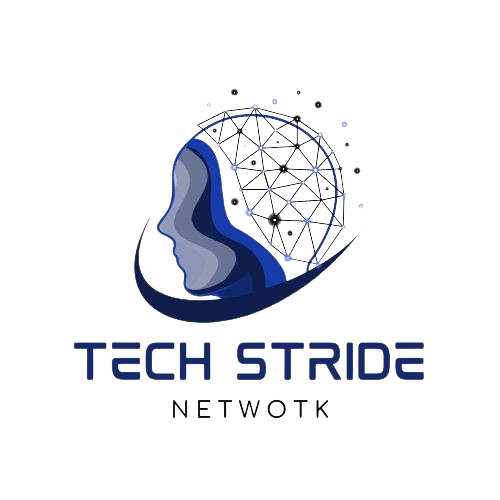Artificial Intelligence (AI) is no longer a futuristic concept relegated to the realms of science fiction; it is a tangible reality that permeates nearly every facet of our lives. From the smartphones in our pockets to the sophisticated algorithms powering online shopping recommendations, AI has become an integral part of modern society. In this article, we will delve into the various applications of artificial intelligence that are reshaping industries, revolutionizing technology, and transforming the way we live and work.
Natural Language Processing (NLP)
One of the most significant advancements in AI is Natural Language Processing (NLP), which enables computers to understand, interpret, and generate human language.
NLP powers virtual assistants like Siri and Alexa, chatbots for customer service, and language translation tools. With NLP, machines can analyze text data, extract meaning, and respond to inquiries with human-like understanding, enhancing communication and productivity across various sectors.
Machine Learning
Machine Learning (ML) is a subset of AI that enables computers to learn from data and improve their performance without explicit programming. ML algorithms power recommendation systems on streaming platforms like Netflix and Spotify, personalized advertisements on social media, and predictive analytics in healthcare and finance. By analyzing vast amounts of data, ML algorithms can identify patterns, make predictions, and automate decision-making processes, driving efficiency and innovation in diverse industries.
Computer Vision
Computer Vision is another area of AI that enables machines to interpret and understand visual information from the real world. Computer vision algorithms power facial recognition technology, autonomous vehicles, and image recognition systems used in medical diagnosis and surveillance. By analyzing images and videos, computer vision systems can identify objects, detect anomalies, and make decisions based on visual input, revolutionizing industries ranging from transportation to healthcare.
Autonomous Systems
Autonomous systems, such as self-driving cars and drones, are transforming transportation, logistics, and agriculture. Powered by AI and sensor technology, these systems can navigate environments, detect obstacles, and make real-time decisions without human intervention.
Autonomous vehicles promise to improve road safety, reduce traffic congestion, and increase efficiency in the transportation sector, while autonomous drones offer new possibilities for crop monitoring, disaster relief, and environmental conservation.
Robotics
Robotics is another field where AI is making significant strides, enabling machines to perform tasks traditionally performed by humans. From manufacturing and warehousing to healthcare and hospitality, robots are being deployed to automate repetitive tasks, enhance precision, and improve productivity.
Collaborative robots, or cobots, work alongside human workers in factories and warehouses, while medical robots assist surgeons in performing complex procedures with greater accuracy and efficiency.
Personalization and Recommendation Systems
AI-powered recommendation systems are ubiquitous in the digital age, shaping our online experiences and consumer behavior. These systems analyze user data, preferences, and behavior to deliver personalized content, product recommendations, and user experiences. Whether it’s recommending movies on streaming platforms, suggesting products on e-commerce websites, or curating news feeds on social media, AI-driven recommendation systems play a crucial role in enhancing user engagement, satisfaction, and retention.
Healthcare
In healthcare, AI is revolutionizing diagnosis, treatment, and patient care. AI-powered diagnostic tools can analyze medical images, such as X-rays and MRIs, to detect diseases and abnormalities with greater accuracy and speed than human radiologists. AI algorithms are also being used to predict patient outcomes, personalize treatment plans, and improve clinical decision-making. Additionally, virtual health assistants and chatbots provide patients with access to medical information, support, and guidance, enhancing healthcare accessibility and efficiency.
Fraud Detection and Cybersecurity
AI is instrumental in detecting and preventing fraud in various industries, including banking, finance, and e-commerce. AI algorithms analyze transaction data, user behavior, and patterns to identify suspicious activities and potential security threats in real-time. By leveraging machine learning and anomaly detection techniques, AI-powered fraud detection systems can mitigate financial losses, protect sensitive information, and safeguard digital assets from cyberattacks and data breaches.
Conclusion
Artificial Intelligence is a transformative technology that is reshaping industries, revolutionizing technology, and redefining the way we live and work. From natural language processing and machine learning to computer vision and robotics, AI has a myriad of applications that are driving innovation, efficiency, and productivity across diverse sectors. As AI continues to evolve and mature, its potential to address complex challenges and unlock new opportunities for human advancement is virtually limitless, heralding a future where intelligent machines work alongside humans to create a better world.

